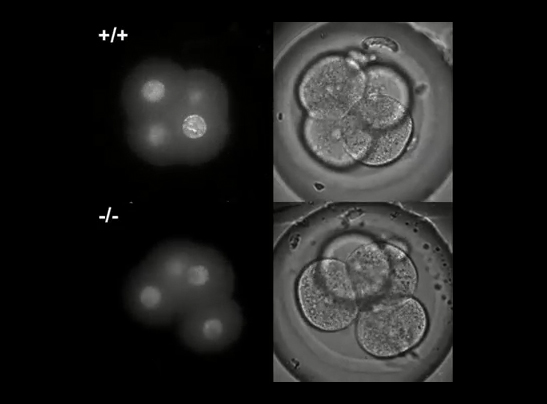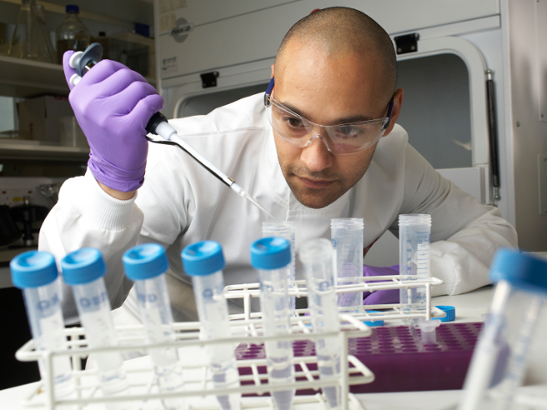Cell Division Group
Professor Jonathon Pines’s group is investigating how cells regulate cell division and divide genetic information evenly between cells when they separate.
Research, projects and publications in this group
Our research focuses on how cells trigger mitosis, and once mitosis has begun, how cells ensure that the two daughter cells receive an equal and identical set of chromosomes. To investigate the mechanisms controlling a process as highly dynamic as mitosis, we have developed a number of powerful live-cell assays, and combine these with gene-targeting and biochemistry.
Professor Jonathon Pines
Head of Division:
Cell Division
Professor Jonathon Pines is Head of the Division of Cancer Biology. His research focuses on understanding how cells divide, in particular how the machinery that controls cell division is regulated in space and time.
Researchers in this group
Professor Jonathon Pines's group have written 132 publications
Most recent new publication 10/2024
See all their publicationsThere are two principle areas of research in the lab.
- How do cells normally trigger mitosis? Using Förster resonance energy transfer (FRET) probes specific for the mitotic kinases, the lab is investigating how and when the mitotic Cyclin B-Cdk1 complex is normally turned on to force the cell into mitosis. This event is important from a cancer-perspective because improper chromosome segregation can occur if the cell enters mitosis at the incorrect time, and mutations can be inherited by daughter cells if they are not corrected before mitosis.
- How does the spindle assembly checkpoint control the anaphase-promoting complex/cyclosome to ensure that anaphase is only triggered once all the chromosomes have attached to the mitotic spindle? Using live cell assays for the degradation of specific proteins, the lab studies how the anaphase-promoting complex/cyclosome ubiquitin ligase recognises specific proteins at specific times in mitosis to target them for degradation. This is crucial for genomic stability because key mitotic regulators must not be targeted for destruction until all the chromosomes have attached correctly to the mitotic spindle, otherwise the daughter cells will be aneuploid.
Industrial partnership opportunities with this group
Opportunity: Cancer biomarker for predicting response to drugs targeting mitotic checkpoint kinases and cell division
Commissioner: Professor Andrew Tutt, Professor Chris Lord, Professor Jonathon Pines
Recent discoveries from this group
-547x410.png?sfvrsn=6c38d100_2)
Scientists reveal important role for ‘workhorse’ of cell division

Scientists reveal protein that all cells rely on to divide at the right time

Top 10 scientific achievements of 2017

 .
.